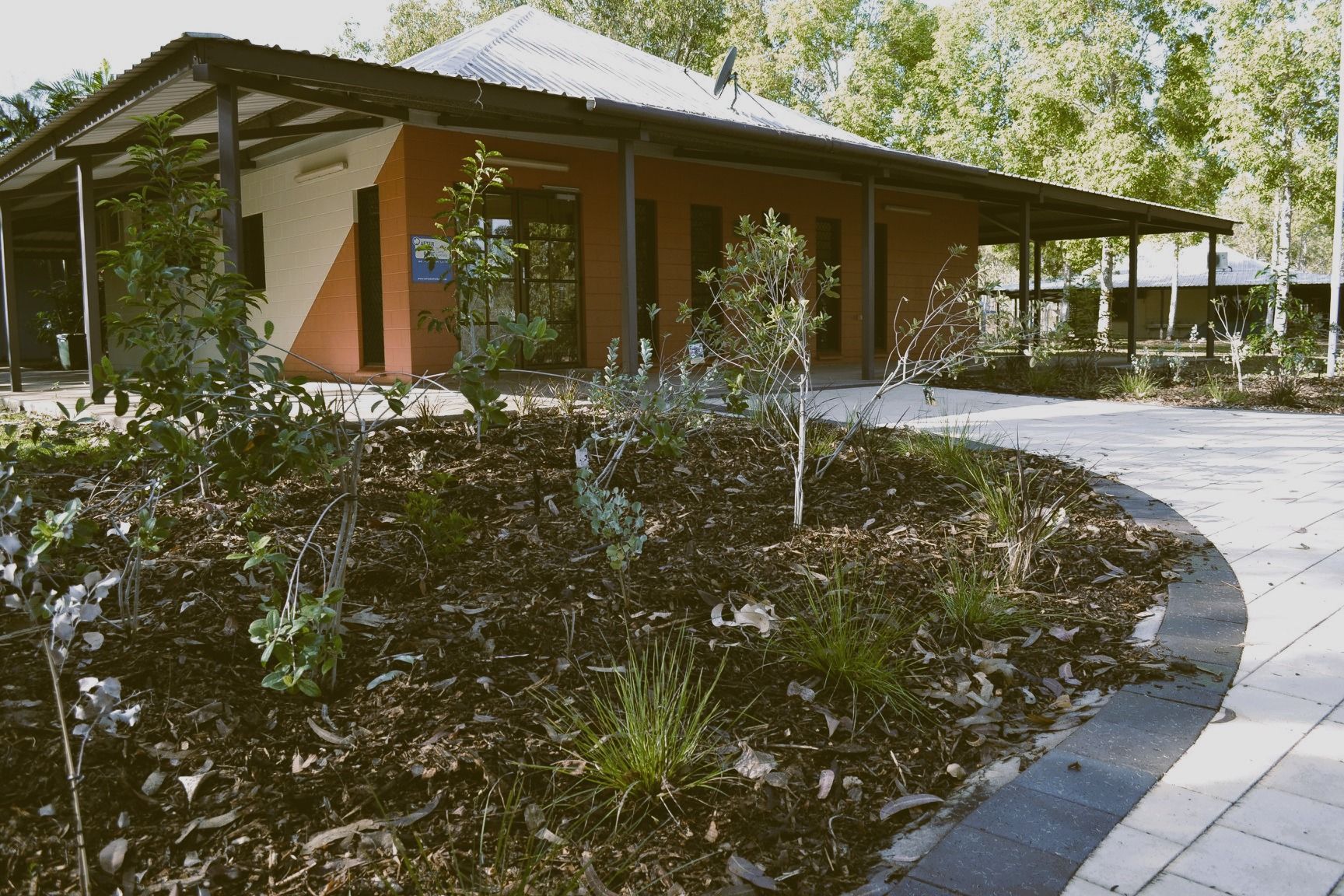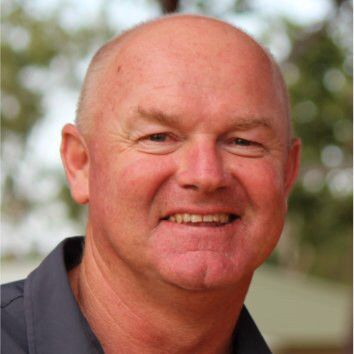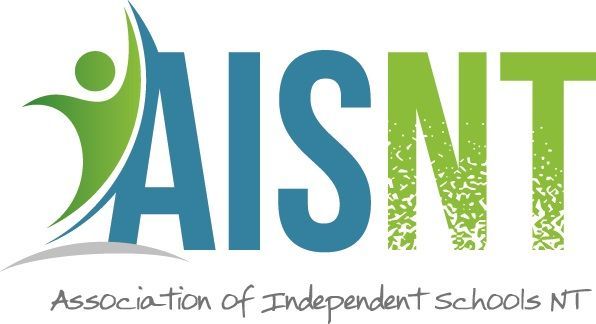Address
Level 2, NAB Building
71 Smith Street
Darwin NT 0801
Contact Us
Thought Provoking Thoughts
Sometimes when considering what I might write in “Thoughts” I’m fortunately struck with inspiration. However I am also terrified that I might lose it amongst the clutter of my busy mind. So I start writing immediately, either completely or simply noting down the key ideas of the inspiration. Often I do this in desperation because I like the idea even if it means struggling for a biro and note book lying on the bedside chest beside me. The desperation to write is exciting but losing an idea becomes a tragic disappointment.
I like writing poetry and having an inspiration for a poem is a golden moment.
When I used to visit the Students on camp in the Upper Hugh I would more often than not be bashing my way back over the rugged rocky track at night by myself. I can see it now and feel the excitement of the bush at night with the magic canopy of the stars. On occasions, inspired, I stopped, quickly searched the car for something to write on, even an old boarding pass, and a writing implement perhaps in the door pocket or failing that, under the seat. I’d smell the bush and write enough to keep the inspiration safe. If I had been more organised I would have had biro and paper at the ready. Embarrassingly I would keep failing to bring the notebook, time after time. I guess I would normally head out on these trips after a frantic morning, a situation known so well to Principals. Inspirations are so valuable, all Principals I’m sure get them and they must be stored even if they present themselves at an inconvenient time.
Some writing is not as a result of Inspiration but rather of Distillation like producing Eucalyptus oil from gum trees. It may start as “what will I write which will be meaningful?” It may become a journey through several configurations before being happy about one to settle on.
Today’s thoughts at first travelled through hiking in the High Country, settling in a cattleman’s hut on a forbidding night. Having distilled that for a fair while, I dropped it because I thought the direction of this particular one would be more helpful for the start of a semester. Though painful sometimes change is the best decision.
Presently I’m at the farm I have at Boorolite near Mansfield and I have just had half my family stay for a couple of weeks. Six energetic Primary aged (or younger) children actively enjoying the farm is indeed a true pleasure. They love playing creatively and especially on the upstairs mezzanine and bringing to light things of interest. “Hey Grandad what’s this?” One item was a note pad which I had forgotten about, containing notes I had written some years ago whilst I was on study leave. Fortunately I had taken notes. I know that I can remember “X” quite well but I have to take notes if I’m to remember “2X”. On this occasion my wife and I were in Slovenia. As we travelled down the River Sava, which runs through the capital Ljubljana, the guide informed us that Jason, a hero from Greek Mythology founded this settlement. I was immediately interested in his story. My interest emphasized how what we learn, regardless of age, does in fact form an interest and is a building block for future. As a teacher you don’t know what information is going to remain long term in a person’s brain but you can be assured that normally, plenty will. What you do as a teacher does have a positive effect on little people who become big people. Now, I didn’t know a heap about Jason and the Argonauts other than he was a hero and sailed somewhere during the age of early Greek Times. Why did I know this? It was because on Sunday Night, ABC, pre- TV, I used to listen to the Children’s Hour where the Argonauts had a pride of place. It emphasized the importance of our role as teachers, as sowers. On this trip down the Sava the guide said that Jason and his Argonauts discovered Ljubljana when he was heading to the Black Sea or coming back from it. The story goes that they had to dismantle their boat and carry it overland for part of the time, an undertaking demanding great determination and perseverance. Well, that is probably why the ABC called the interested children listening, like me, Argonauts.
I think it is good for children to know that new knowledge may cause them to change their present understanding. History is either handed down verbally or in writing or indeed electronically in some ways. The story told is only as good as the teller or writer. In my life it was normal that the historic movies which came out formed the understanding of the story they told. “Lawrence of Arabia” which came out in 1962 was an epic story of a junior officer and his involvement in the Arab Revolt in World War1. I was inspired by it and it fostered my lifelong interest in the controversial character of T.E. Lawrence. Though inspiring me, I had to accept in the end that a percentage of it was inaccurate which didn’t undermine the story presented by the movie, but did, much later on encourage me to look at it critically. So many movies are in that mode.
Visiting the capital of Poland we were taken through the capital city Warsaw and introduced to many points of interest relating to Polish History. It was on this excursion that my knowledge about Australia was sharpened. We probably know that the Polish Explorer Count Pawel Edmund Strzelecki in 1840, climbed and named our highest peak after a famous Polish General, Tadeusz Kosciuszko. To me and to most Australians, Kosciuszko is pronounced Kos ee os ko. As a primary student that became sacred knowledge. However the correct pronunciation of the General’s name and the one Strzelecki used is Kosh tchoosh ko. I felt I was the “richer” for knowing that. Knowledge is indeed exciting and satisfying and as teachers we help build students’ knowledge and encourage them to seek it enthusiastically but also to modify it when the evidence appears.
William Shakespeare as we know was an English playwright, poet and actor. He is regarded by many as the greatest writer in the English language and a dramatist. He was born about 1564 and died in 1616. In those days the only records of births were baptisms,ms and he was baptised on Wednesday 26 April at the Holy Trinity Church, Stratford - on - Avon. Another small issue of history was revealed to me when I was trying to find when a particular ancestor of mine was born and where. Yes, I am a family history enthusiast. It took me two years plus to unravel the puzzle. In those days baptismal records were written by the minister by hand, and and they sometimes got it wrong, particularly if they were “hard of hearing”.
I know that my ancestor’s mother was illiterate, and I believe her husband, who could read and write was away at sea. Message for students - this is another example of history not being 100% accurate simply because it is written!
Back to Shakespeare. It is reputed that he invented or introduced 1,700 words into the English language that are still used today. His sayings are well known. The saying “To be or not to be is the question” is one of the best known. This was the basis of a talk I gave some years ago. I’m grateful for my Grandchildren finding it in their “ferreting” but it also highlights that after you have given a talk, file it where you can find it even if at the end of the presentation you are exhausted. Your ideas are always too precious to lose. You will also enjoy looking at them some time in the future. We might add in the same mode as Shakespeare the following about CHOICE.
To care or not to care that is the question.
To seek or not to seek that is the question.
To work hard or not to work hard that is the question.
To strive or not to strive that is the question.
To be kind or not to be kind that is the question.
To make peace or not to make peace that is the question.
To have manners or not to use manners that is the question.
To respect or not to respect that is the question.
You and your students can create a whole “heap” more.
As a teacher, to get the students focused, I used to love giving a regular short General Knowledge quiz at the start of a lesson. It didn’t have to be about the topic of the lesson and could include questions regularly asked. Aside from its knowledge value, it was a great way of settling the students. Through this the students developed their General Knowledge, and I happen to think General Knowledge is really important. Aside from anything else it is useful in promoting good, interesting conversation and therefore enhancing relationships. Maybe some parts of the above will be valuable in a Quiz for your students. Kids love knowing!
Just a note that may or may not be relevant. When I write something of importance, I find I have to read it four times to properly proof it. If I don’t, I will definitely miss a mistake. It is fascinating how “scan” reading permeates our writing.
Written by Chris Tudor


All Rights Reserved | Association of Independent Schools of the Northern Territory
AISNT acknowledges the Traditional Custodians of Larrakia country, where we are privileged to live, learn and work. We acknowledge the Traditional Custodians of Country throughout the Northern Territory on which our schools are located. We pay our respects to Elders past and present and extend that respect to all Aboriginal and Torres Strait Islander peoples

